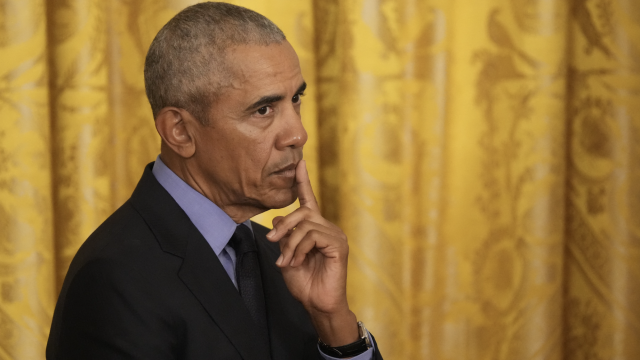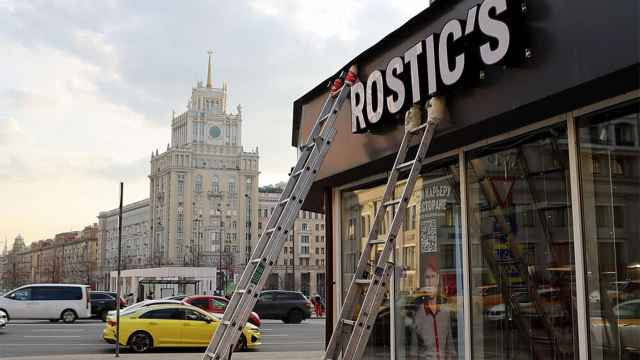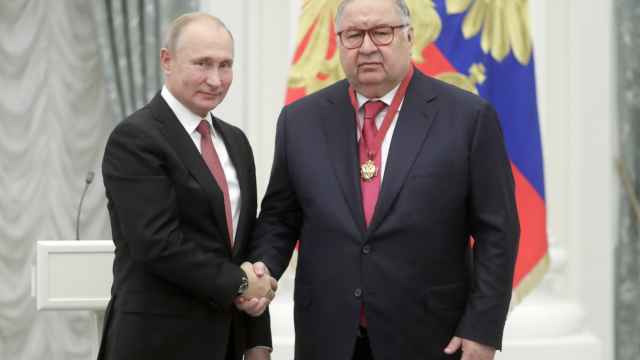In recent days, Russian citizens who hold long-term European visas found that Revolut had frozen their accounts. Bank employees cite yet another package of EU sanctions adopted to counter the aggressive policies of President Vladimir Putin’s regime.
It is worth noting, however, that even before this latest round of restrictions, Russians had regularly faced account suspensions and closures at Revolut. The people affected were not war criminals or Kremlin collaborators, but rather those who fled Russia for political reasons — often declared “extremists” by the authorities at home.
This case perfectly illustrates how, at times, European sanctions achieve the opposite of their intended effect. The purpose of economic and financial pressure on Russia is to strike painful blows against institutions and individuals who enable Putin’s war of aggression against Ukraine — those who fuel hatred in Europe and keep the Kremlin’s propaganda and military machines running.
In practice, though, there are moments of friendly fire: the damage lands on Russians who oppose Putin, who resist his regime and who are already persecuted for it in their own country.
The harm caused by this kind of friendly fire is significant and not always recognized by the authors or enforcers of the sanctions.
On one side, Putin’s regime gains new arguments for its central propaganda narrative. Day and night, the Kremlin repeats that the West is driven by Russophobia — that all Russians are seen as enemies, genetic slaves, or subhumans who deserve only punishment. Putin claims that the war in Ukraine is being fought to protect Russia from European Russophobes who supposedly hate all Russians, regardless of their political views.
Sanctioning anti-war Russians in Europe only feeds that narrative. Many who initially opposed the war and fled to Europe seeking freedom and justice end up disillusioned. They lose motivation to support anti-war movements or democratic organizations. Worse still, some return home and even begin to think that perhaps Putin has a point — that maybe they should defend themselves because Europe truly sees all Russians as enemies.
In this situation, one would think that the European Union has every reason to extend a hand to anti-war Russians and see them as potential allies.
A genuine dialogue and partnership between European policymakers and the Russian diaspora that shares European values would dismantle the very foundation of Kremlin propaganda. Drawing a clear line between Putin and the Russian people would weaken the dictator’s domestic support base.
Gradually, more Russians would begin to understand that Putin’s aggressive policies have made the entire nation a hostage of his war. Logically, the first step toward overcoming isolation and reintegrating into the Western world must be the removal of Putin from power.
That is how sanctions should work: to divide and weaken the social base sustaining his regime.
To be fair, there are occasional examples of cooperation between European institutions and anti-war Russian politicians. But the clumsy implementation and overly broad interpretation of sanctions sometimes provide powerful fuel for anti-Western propaganda inside Russia.
Meanwhile, the pressure on anti-war Russians looks especially cynical against the backdrop of glaring cases where former or current Putin loyalists have comfortably settled in Europe and enjoy all the benefits of Western civilization.
Take, for instance, Robert Shlegel, a former member of the Russian parliament. He began his political career as one of the leaders of the radical pro-Kremlin youth movement Nashi, whose activists once stomped on portraits of opposition figures and human rights defenders in the streets of Moscow in a way eerily reminiscent of the Hitler Youth. Later, Shlegel became a deputy of the ruling United Russia party, voted for the annexation of Crimea and called for independent media to be closed down.
None of that prevented him from moving to Munich, obtaining German citizenship and living comfortably without any trouble from banks or sanctions lists.
Another example is Anatoly Shariy, one of the most notorious pro-Putin propagandists and hatemongers. Shariy holds a Ukrainian passport but is wanted at home on charges of treason and collaboration with Russian intelligence. He openly serves the Kremlin’s interests, spewing daily torrents of lies and hatred toward Ukraine, the Russian opposition, and anyone who criticizes Putin. Yet he has been living peacefully in Spain for years — without any apparent difficulties.
So, what conclusion should we draw from all this?
For sanctions to be effective, they must be not only tough but also smart and consistent. They should harm those who help Putin maintain his illegal grip on power, destabilize Europe and continue the war against Ukraine. But they should avoid punishing those who are objectively his opponents.
Europe’s long-term strategy should focus on finding allies among Russians and building partnerships with them. After all, sooner or later, Putin will be gone — one way or another.
The real question is: what will remain after him?
It is in Europe’s best interests that a free, peaceful, and democratic Russia is built on the ruins of Putin’s regime.
Only such a Russia that sees itself as part of Europe’s political and cultural space can guarantee lasting security for the continent and protect Europe from new threats.
For that vision to become reality, Europe needs friends and allies among the citizens of my country.
A Message from The Moscow Times:
Dear readers,
We are facing unprecedented challenges. Russia's Prosecutor General's Office has designated The Moscow Times as an "undesirable" organization, criminalizing our work and putting our staff at risk of prosecution. This follows our earlier unjust labeling as a "foreign agent."
These actions are direct attempts to silence independent journalism in Russia. The authorities claim our work "discredits the decisions of the Russian leadership." We see things differently: we strive to provide accurate, unbiased reporting on Russia.
We, the journalists of The Moscow Times, refuse to be silenced. But to continue our work, we need your help.
Your support, no matter how small, makes a world of difference. If you can, please support us monthly starting from just $2. It's quick to set up, and every contribution makes a significant impact.
By supporting The Moscow Times, you're defending open, independent journalism in the face of repression. Thank you for standing with us.
Remind me later.








